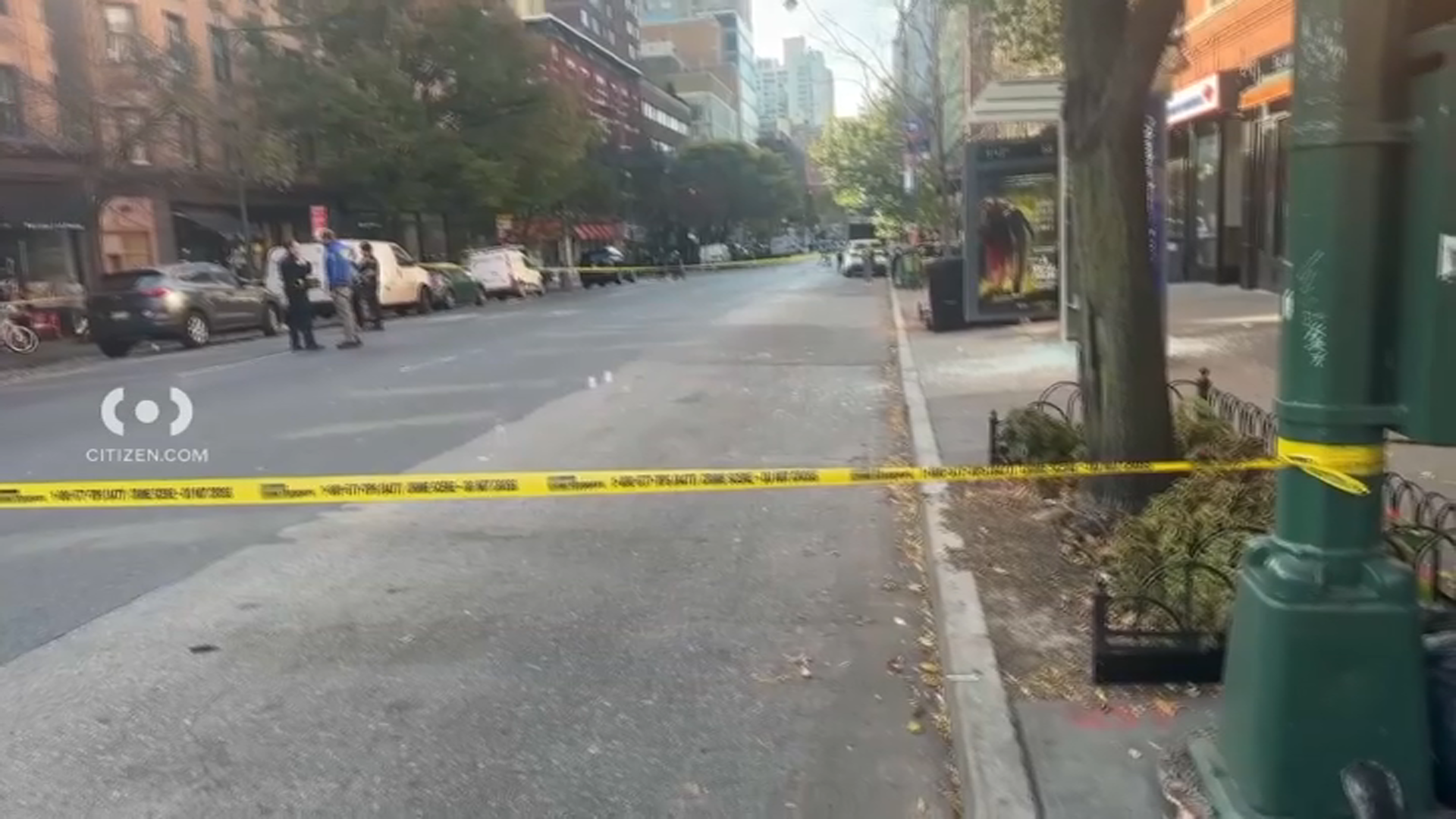It’s called the Paycheck Protection Program, PPP for short. A half-trillion dollar government bailout, intended to prevent pandemic-induced layoffs. But for thousands of workers in New York and New Jersey, that payroll protection was short-lived.
An I-Team analysis of data from the Small Business Administration shows 64 New York and New Jersey companies filed notices to lay off or furlough more than 8,400 workers in June and July, despite being approved for millions in forgivable PPP loans in April and May.
The findings raise questions about whether PPP is effectively preventing layoffs, or just postponing the inevitable.
"The intent was to protect the employee during this pandemic, and that’s not at all what happened," said a former limousine company worker who was laid off by Carey International, a transportation firm with an office in Astoria, Queens. "I feel like once they got the loan, we got the ax."
The employee asked not to be named, for fear of not being called back to work once the pandemic subsides.
According to data from the Small Business Administration, Carey was approved for a PPP loan valued between $5-$10 million back on April 11th. But just one month later, on May 11th, the company filed a notice with the New York Department of Labor, expressing the intent to lay off 35 workers.
A spokesperson for Carey said the firm has so far used up about 71% of the PPP loan, with more than three quarters of the funds paying for payroll expenses and the rest going to other permitted uses, such as rent and utilities.
News
"As a company that relies on business-related travel, the pandemic immediately upended our business," the spokesperson wrote. "The PPP enabled us to extend benefits to employees and retain staff, even as revenue fell. The funds have been used as intended by the program and while neither our business nor our headcount have yet to return to pre-COVID levels, we are working to rehire employees as quickly as possible."
A study co-authored by MIT Professor David Autor estimated about 2.3 million jobs have been supported by PPP loans. With a program price tag of more than $518 billion, the researchers estimated each of those jobs coast about $224,000 to preserve. And that’s just through the end of May.
Throughout the week, Congress has continued to debate an extension of the Paycheck Protection Program.
New Era, the company known for making ball caps, is another firm that laid workers off despite accepting PPP cash in the program’s first round. SBA data shows the Buffalo-based apparel maker also got approved on April 15th for a PPP loan worth between $5-$10 million. On July 7th, the company notified the state of New York of its intent to lay off 117 people.
The following day, Erie County Executive Mark Poloncarz blasted New Era’s decision to accept federal aid only to slash its workforce anyway. He also said the company’s name should be removed from the Buffalo Bills football stadium.
"I’m exceptionally disappointed with New Era," Poloncarz said. "Their name should not be on the stadium if they’re going to continue to lay off our employees and say 'sorry.'"
A week later, New Era and the Buffalo Bills officially ended their stadium naming rights deal. New Era did not respond to the I-Team’s request for comment.
Despite anger over the layoffs, in many cases PPP recipients are in perfect compliance with program rules – even when they cut employment levels after accepting the forgivable federal loans. The original PPP legislation said loan balances could be largely erased if companies maintained employment and salary levels for just 8 weeks.
After the initial eight week period concluded, many employers found business conditions were no better than they were in early April. Some of the recipient firms began layoffs two or three months after accepting their federal loans – and they could still qualify for full loan forgiveness.
"The U.S. approach, I think, was based on the idea that this was going to be short term," said Steve Dubb, a senior editor for Nonprofit Quarterly.
For the last month, Dubb has authored articles examining how other nations have sought to stem the tide of layoffs – not by issuing loans – but by directly funding between 60 and 80 percent of ailing companies’ payroll.
"There is another path that’s been used, not just by Canada but by Germany, Great Britain and other folks where basically, the government just directly pays payroll," Dubb told the I-Team. "That's a more effective way of preserving jobs. It's a different approach entirely."
Despite initial criticism that some companies got PPP loans – despite having easy access to private credit markets and public investment — Treasury Secretary Steven Mnuchin has defended the Paycheck Protection Program, emphasizing the aggressive pace at which cash was injected into the economy to save businesses on life support. The Trump Administration has also promised thorough investigations to root out fraud and claw back loans that went to companies who didn’t follow the rules.



